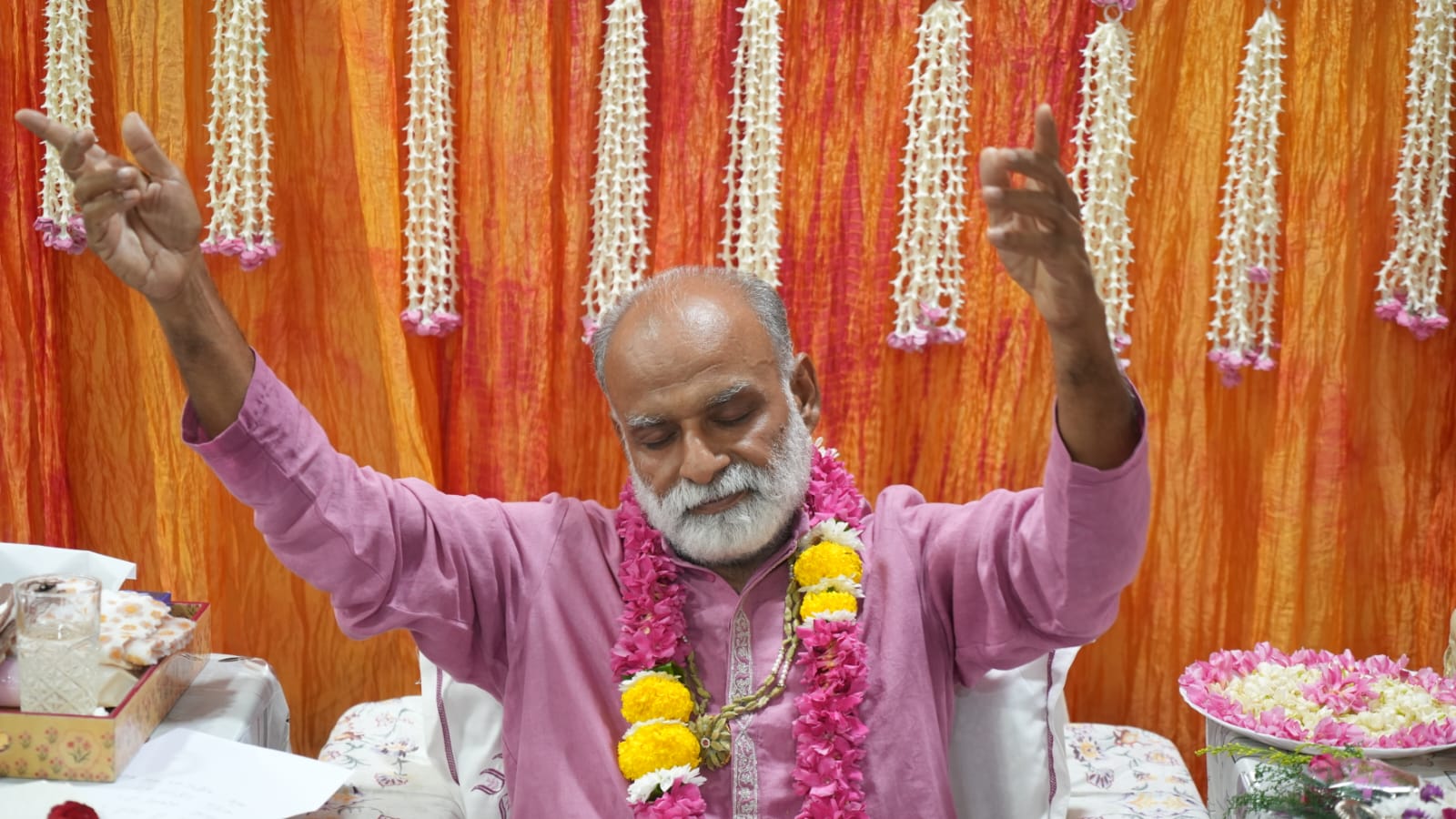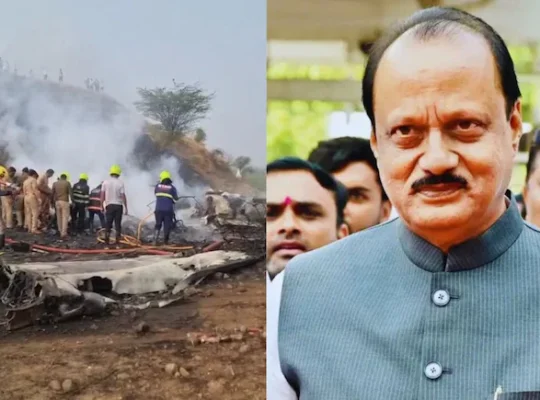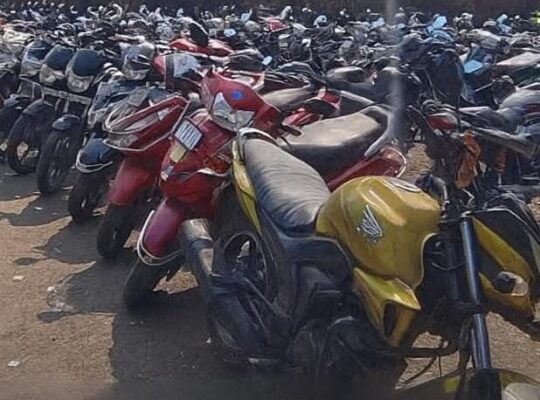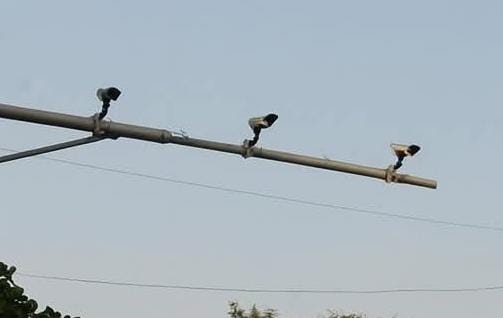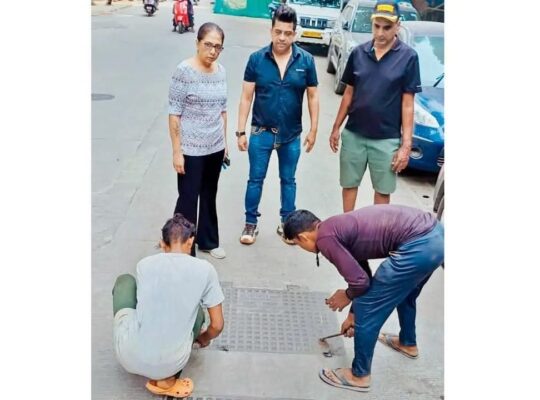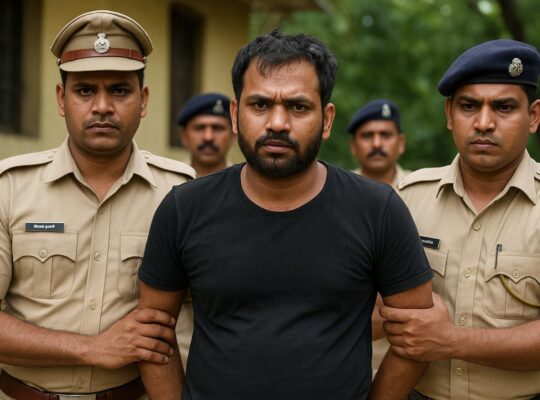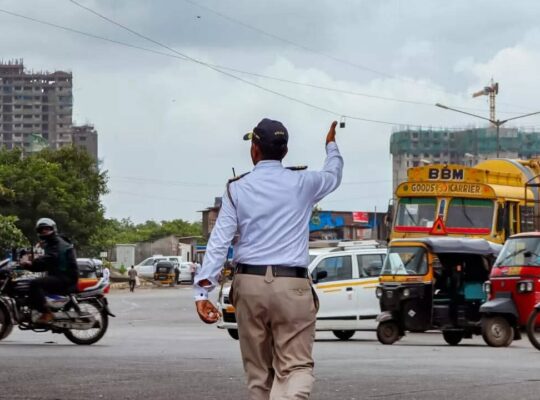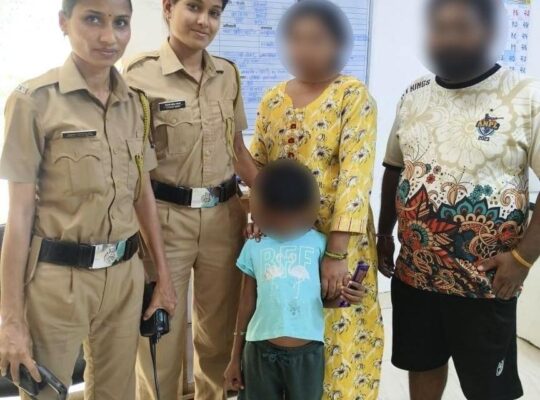Today is Bhai Dooj : A festival symbolizing the bond of love between brother and sister.
Every festival carries a special message. The relationship between a brother and sister, born of the same parents, is a creation of social structure. In ancient times, when humans lived in forests, there were no defined relationships — no mother or father, no husband or wife, not even the concept of family. As the population grew and life became more complex, systems and structures were formed — parents, siblings, husband, wife — so that the game of life could be played smoothly.
Life, in truth, is a game. Just as we bring toys for children to play with, we too have come here to play. If there were no desire to play, we wouldn’t have taken birth in this world at all. This play was created according to our own desires. When a single mother gave birth to multiple children, they were called brother and sister. Thus, the first human relationships were formed within a single home — a man, a woman, and their children. Gradually, society evolved. Just as traffic signals were created to prevent accidents, social rules were made to keep life organized. Marriage, family, relationships — all are parts of this grand arrangement. And as these systems expanded, the need for protection grew too. Initially, the brother protected the sister within the home; later, communities created councils, and eventually, governments, police, and armies came into being.
Festivals like Bhai Dooj and Raksha Bandhan were established to keep the bond between brother and sister alive and affectionate. They ensured that at least once a year, siblings met and rekindled their childhood love and laughter. In earlier times, sisters stayed at home while brothers worked outside — so the brother was the protector. But times have changed — today, sometimes even the brother receives protection, guidance, or emotional strength from his sister. Yet, the truth remains: all of this is a divine play, a system designed for balance.
As time passed, the sense of “I” entered relationships, and that’s where the distance began. The brother began to say, “Listen to me,” and the sister said, “No, you listen to me.” The sacred thread once tied on the wrist, as a symbol of love and protection, has now become a chain of control around each other’s necks. Slowly, the bond of love began to turn into a bond of dominance. When ego entered from both sides, love began to fade.
Earlier, there was tolerance — relationships lasted a lifetime. Today, as ego has grown, relationships have weakened. When “I” dominates, relationships become transactions — “If I want this, you must do that.” And when a relationship becomes a trade, love starts to diminish.
Today, Bhai Dooj and Rakhi have become mostly formalities. Earlier, there was eagerness and longing to meet; today, that emotional warmth has reduced. But if we want to revive the purity of these relationships, we must dissolve our ego. True love doesn’t reside in ego — it lives in sacrifice. We all come from the same source, and we all are one. When this truth is remembered, the ideas of “mine” and “yours” disappear. When the “I” dissolves, love blossoms — love that both protects and liberates.
So this Bhai Dooj, remember this: a relationship survives not where there is “I,” but where there is “We.” Only then will the love between brother and sister remain eternal, and this sacred thread will not just bind the wrist — it will bind the hearts forever.

